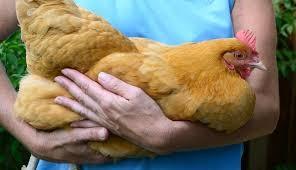Fats: A Concentrated Energy Source
Animal and vegetable fats serve as a concentrated energy source and are the highest energy sources in feedstuffs. Fats contain 2.25 times the calories per gram than protein or carbohydrates. Fats contain 9 calories per gram while protein and carbohydrates contain 4 calories per gram. No dietary requirement exists for fats except for the essential fatty acids they contain. Essential fatty acids are linoleic acid, linolenic acid, and arachidonic acid. The essential fatty acid requirement is very low and a deficiency rarely exists. Fats also function as a carrier of fat soluble vitamins. Vitamins A, D, E, and K require fat for absorption. Additionally, fats added to the diet improve feed palatability and reduce dustiness of feed.
Fats are typically added to the diet to meet the bird’s energy needs not supplied by carbohydrates. Carbohydrates are cheaper than fats and are easily digested, absorbed and converted into fat. Energy is required by the body for the following processes: work (movement), production (growth, egg production), respiration, circulation, temperature regulation, absorption, excretion, nerve transmission, reproduction, etc. The energy requirement for maintenance functions (temperature regulation, respiration, etc) must be met first before growth and reproduction needs are supported.
Feeds and Feeding: What are the Nutritional Needs of My Poultry?
Carbohydrates: Inexpensive Sources of Energy
Fats: A Concentrated Energy Source
